2019: How the ‘Brexit election’ was won
In what was often termed the second referendum on Brexit, the Conservatives delivered a substantial majority, but how did they do it? Robert Ford, Tim Bale, Will Jennings and Paula Surridge explain
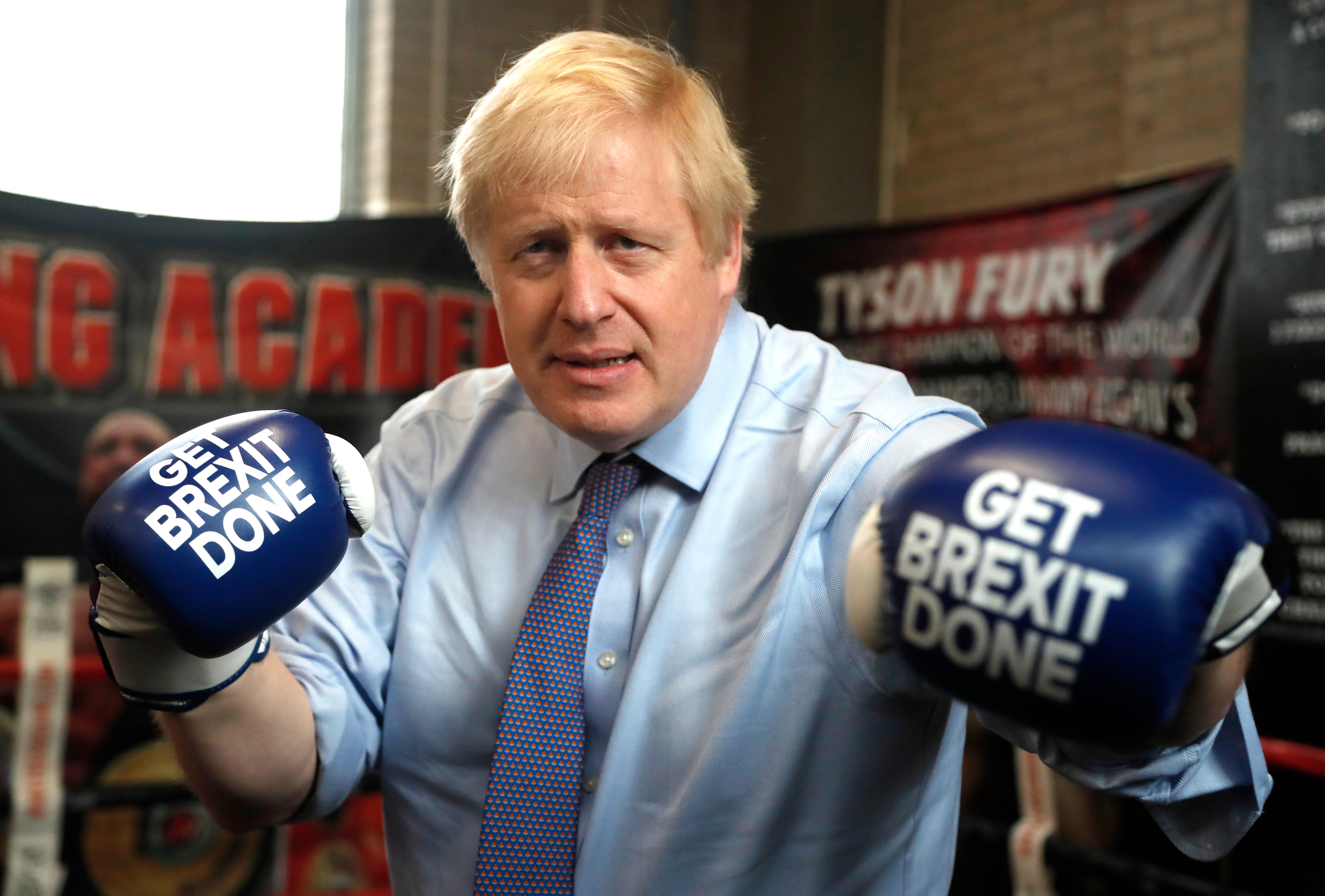
The 2019 general election delivered the first substantial Conservative majority since 1987. Boris Johnson joins the select group of half a dozen postwar prime ministers to have secured majorities of 75 seats or more at general elections. Only Tony Blair and Margaret Thatcher in their pomp have won larger majorities in the past 50 years. A lot was at stake in the 2019 election, making this decisive outcome historically significant. The contest concluded three years of fraught argument over Britain’s withdrawal from the EU and provided a final opportunity for the British public to confirm or reject the referendum mandate delivered three years earlier.
By returning the first sizeable parliamentary majority for the Conservative Party in a generation, Britain’s voters ensured that their prime minister would indeed “get Brexit done” and thus set the country on a new path. But the election’s implications stretched beyond the high politics of Brexit negotiations. The Conservatives’ new majority was the culmination of an unprecedented two-decade advance, one which had reshaped the party’s electoral coalition. The Conservative Party has increased its vote in every election since 1997, including three elections in a row as the incumbent government, a feat unmatched in modern political history.
By the time Johnson entered Downing Street in July 2019, Brexit had already ended the political careers of two prime ministers. Defeat in the 2016 referendum was the end of David Cameron, who tried and failed to reform and renew the status quo. The process of finding the exit overwhelmed Cameron’s successor, Theresa May, who first failed to secure the large Commons majority she deemed necessary to complete the Brexit process, then failed to adapt to the resulting more constrained political context.
May showed remarkable resilience, persevering despite repeated rejections of her attempts to reconcile incompatible demands on an impossible timetable, but she could never overcome the damage done by the failed election campaign of June 2017. Installed by Conservative Brexiteers after two years of frustrating deadlock, Johnson staked his premiership on massive gambles to complete the process and emerged victorious. He tore up constitutional norms, expelled veteran MPs from his party and sought at every turn to dramatise the opposition he faced, before asking British voters once again to give a Conservative prime minister the mandate needed to “get Brexit done”.
Brexit put immense pressure on all of Britain’s political institutions. A majoritarian governing model built around perpetual competition between government and opposition struggled to accommodate Brexit conflicts that cut across party lines in unpredictable ways.
The British General Election of 2019 was the second election in a row at which there was a relationship between party performance and the outcome of the EU referendum locally. As a result, the cumulative impact of this relationship since 2015 has been substantial. Support for the Conservatives has fallen over this period in Remain constituencies, whereas the party is now much stronger in Leave seats. Support for Labour, meanwhile, has risen most among the most pro-Remain seats, but has fallen back in the most pro-Leave seats. At the same time, the recovery in Liberal Democrat support since 2015 has been much more marked in Remain seats than Leave ones.
However, the UK’s relationship with the EU – and thus its potential to influence how people voted was already the subject of political debate before 2015. That election saw Ukip win as much as 13 per cent of the vote across Britain as a whole and displace the Liberal Democrats as the third most popular party in England. Meanwhile, concern about immigration – a concern that eventually played a key role in the EU referendum – also manifested itself in a relatively high level of support for the British National Party (BNP) in 2010, an election at which Ukip also achieved what then also was a record level of support. So perhaps there were already signs of a significant shift in the geography of party support before 2015?
There were some. True, the increase in support for the Conservatives between 2005 and 2015 varied little between Remain and Leave constituencies - in stark contrast to the position since.
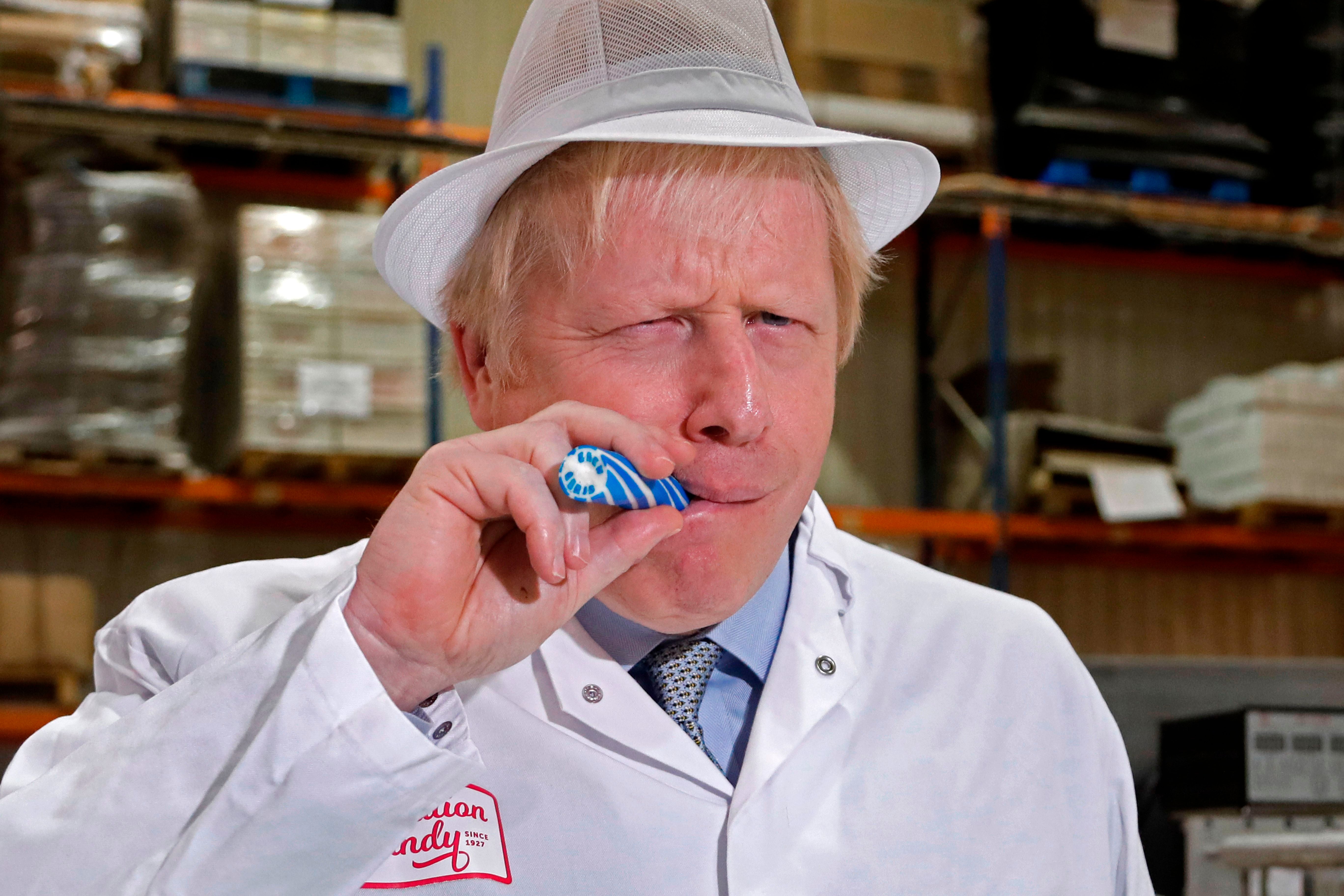
However, the same was not true of support for Labour. During this period, the Labour vote increased in those seats that went on to give more than 60 per cent of their support to Remain, while it fell back markedly in seats that backed Leave. In part, Labour may have gained disproportionately in some Remain seats from the particularly marked decline in Liberal Democrat support that occurred in some such constituencies. At the same time, however, Leave seats voted most heavily for the BNP in 2010 and for UKIP in 2015, and analyses at the time suggested that these increases may have hurt Labour more than the Conservatives.
In any event, it is clear that the relative decline in Labour support in more pro-Leave parts of Britain pre-dates the EU referendum and its aftermath.
The Conservatives’ appeal to Leave voters was strengthened by the decision of the Brexit Party to stand down in seats the Conservatives were defending
As a result of all these changes, Britain’s electoral geography looks very different from a decade and a half ago. Back in 2005, support for Labour was highest in the most pro-Leave constituencies, but by 2015, this was already no longer the case. Now the party is weakest in these seats, while it is strongest in the most pro-Remain seats in the country. Meanwhile, although in 2005 the Conservatives were somewhat weaker in the most pro-Remain seats, otherwise the level of support for the party bore little relationship to the outcome of the EU referendum. Now the party is far stronger in Leave Britain than it is in Remain Britain. And although the Liberal Democrats have long since fared relatively well in the most pro-Remain parts of the country, the concentration of the party’s support in those places is now much more marked.
These patterns have had important implications for what was until recently regarded as a staple feature of post-war British electoral geography – that predominantly middle-class constituencies vote heavily for the Conservatives, while working-class ones tend to be bastions of Labour support.
Seats that voted Leave typically have a relatively large proportion of working-class voters and fewer in professional and managerial occupations, while the opposite is true of the most pro-Remain constituencies.
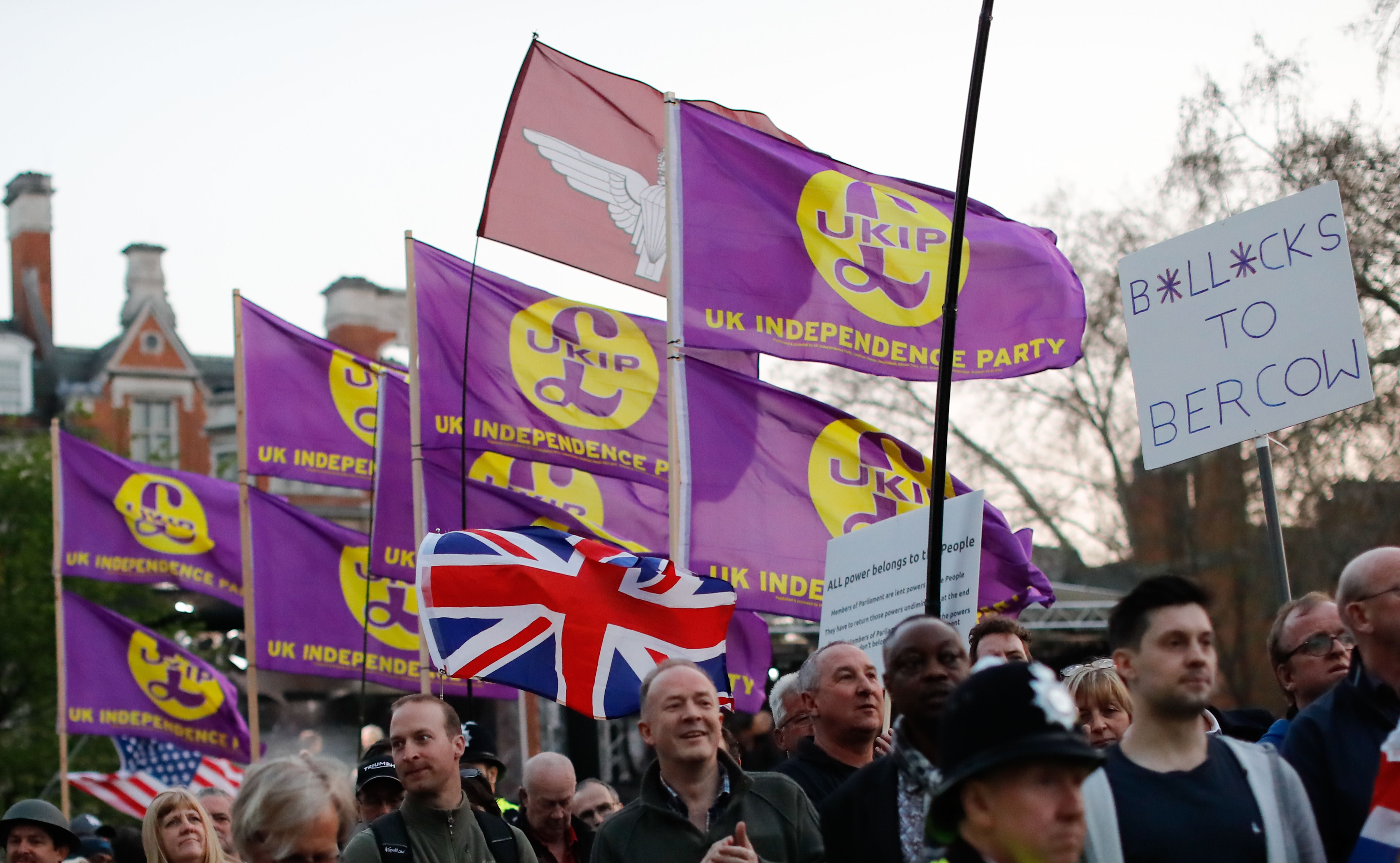
The fact that the former group of seats has swung strongly to the Conservatives while the latter has moved in Labour’s direction means that the Conservatives have gained ground heavily since 2005 in strongly working-class seats, while Labour’s position has strengthened in middle-class seats.
Labour’s support is still somewhat higher in the most working-class constituencies, but the Conservatives are no longer particularly weak in such seats. Indeed, of all the parties, it is now the Liberal Democrats, supposedly Britain’s cross-class party, whose level of support differs most between the most and least working-class constituencies. The social class of individual voters made little difference to how people voted in 2019, and it is clear that this is reflected in a changed geography of party support too.
The outcome of the EU referendum was very different in Scotland to that in England and Wales, with no less than 62 per cent voting in favour of staying in the EU. It might therefore be anticipated that a Conservative campaign based on getting ‘Brexit done’ would prove less successful north of the border. However, because the SNP were among the parties advocating a second EU referendum, the Conservatives’ principal opponents south of the border, Labour and the Liberal Democrats, faced more intense competition for the support of Remain voters.
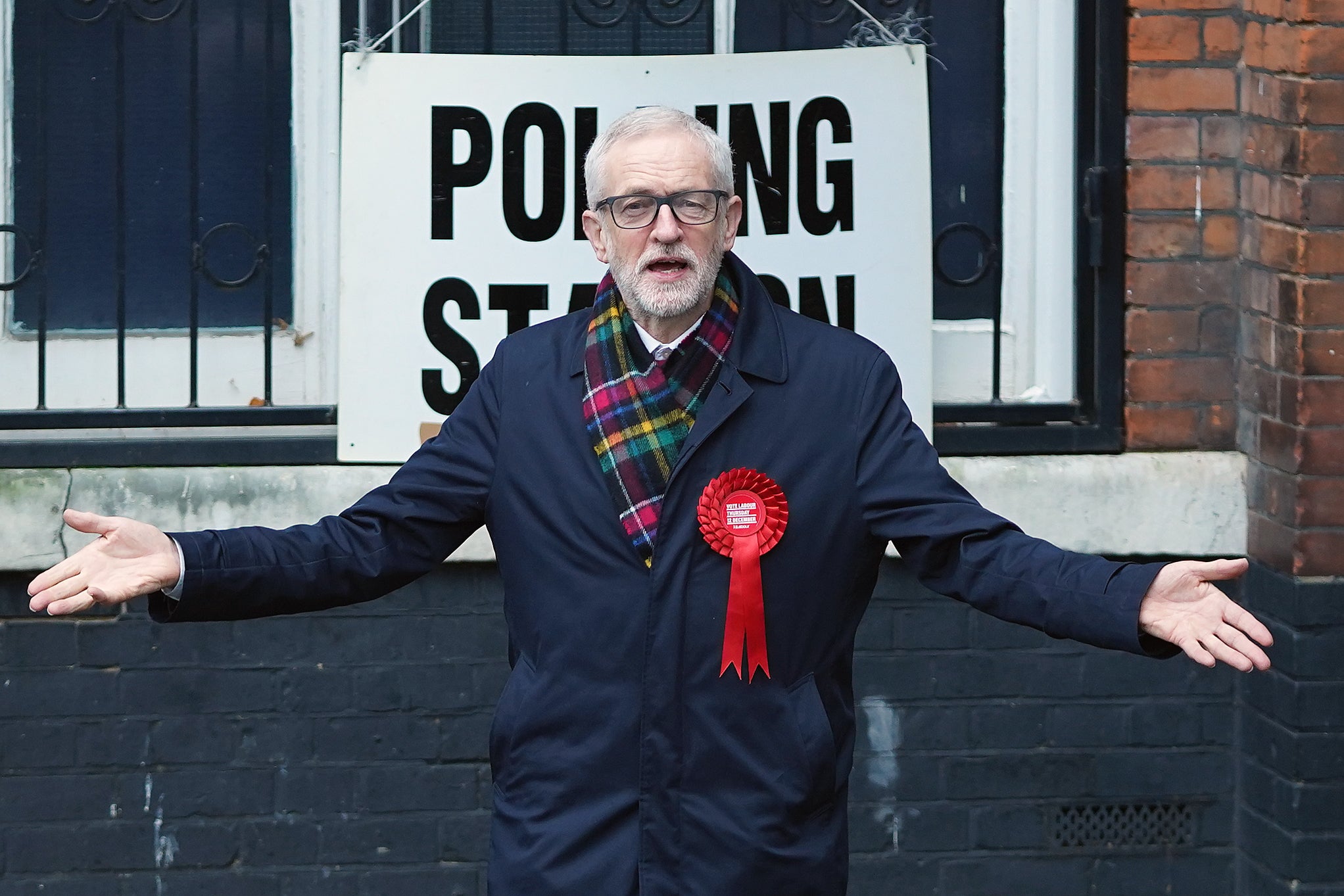
Both considerations mattered. In sharp contrast to the +1.7 percentage point increase in the Conservatives’ overall share of the vote in England and Wales, the party’s support north of the border fell back by -3.5 points. At the same time, however, Labour’s support fell somewhat more heavily (-8.5 points) than in England and Wales (-7.7 points), while at +2.8 points, the increase in Liberal Democrat support fell short of what the party achieved elsewhere (+4.3 points).
Meanwhile, in a partial reversal of the decline in support the party suffered in 2017, the SNP performed strongly, with a +8.1 point increase in support.
Yet while the contrast between the performances of the parties north and south of the border reflects the different politics of Brexit in Scotland, within Scotland itself there was only a modest association between party performance and how a constituency voted in the 2016 referendum. True, the Conservative vote did fall back rather more in constituencies where the Leave vote had been lowest in 2016. Even so, the difference between the two-and-a-half point drop in seats where more than 38 per cent voted Leave and the five point fall where less than one in three did so is smaller than was evident in England and Wales.
The SNP advanced a little less in those seats where the Leave vote had been particularly high in 2016, but otherwise there is no clear pattern. The Liberal Democrats performed a little better in seats where Remain had been strongest, but the picture is far from consistent. Meanwhile, there is no evidence at all of Labour losing less ground in more pro-Remain areas. All in all, this is a rather different picture from the Brexit-dominated tapestry that pertained south of the border.
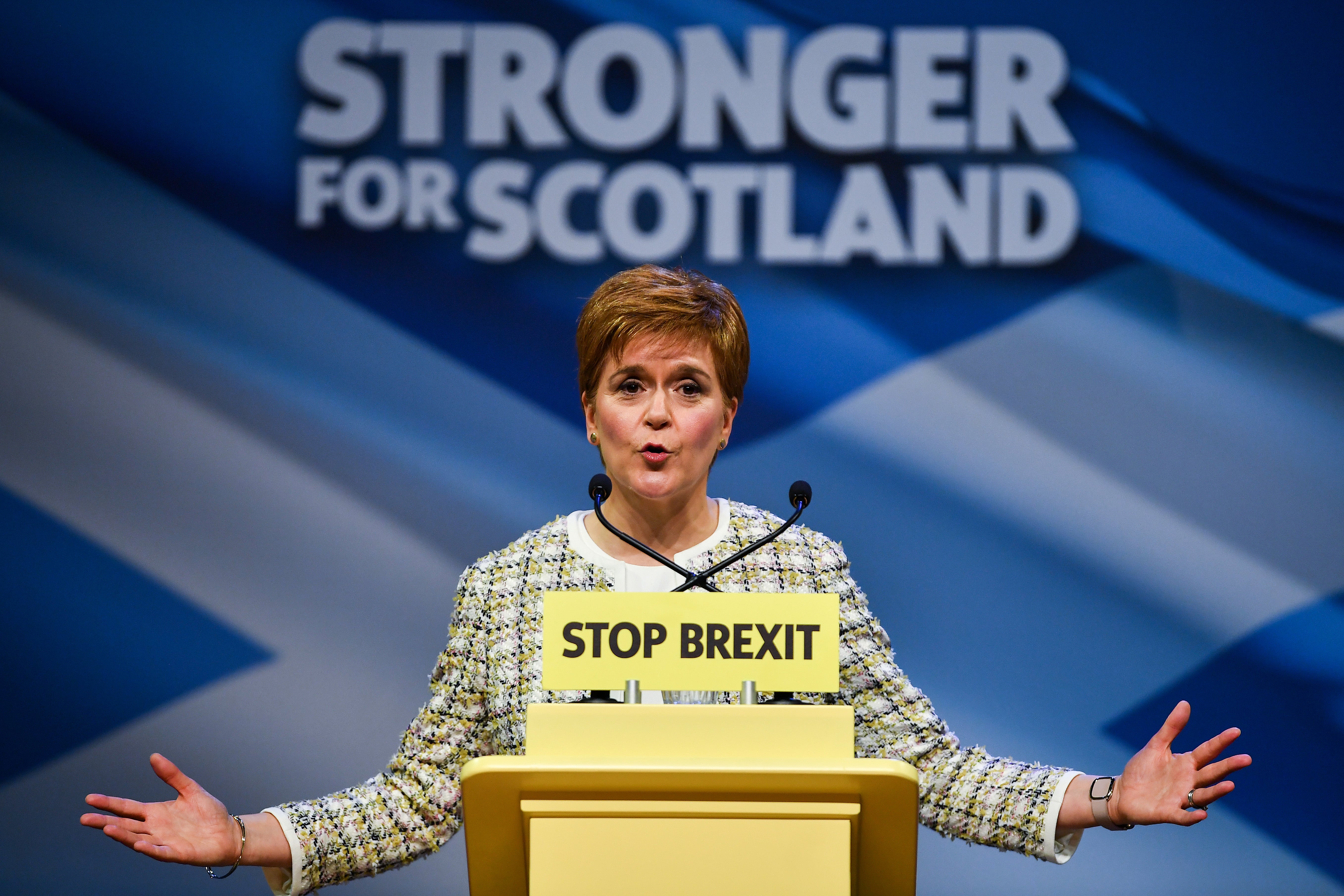
Scotland’s electoral politics is, of course, also shaped by the distinctive issue of the country’s constitutional status. Given that the SNP were also seeking - in no small part because of Brexit – to hold another referendum on independence, perhaps the division on that subject intensified and had an impact on the geography of the parties’ performances? Of that, however, there is little sign. At +7.5 points, the average increase in SNP support in those constituencies lying in local authority areas where a majority voted in favour of independence in 2014 is little different from the +7.1 point increase in those areas where less than 40 per cent voted Yes.
But perhaps the question of independence made a difference to voters’ choice of pro-union party? Maybe some switched to whichever party appeared best placed locally to defeat the SNP? However, as only a small number of voters appear to have behaved in that way, and furthermore their behaviour affected the outcome in just one or two seats. The Conservatives did a little better – and Labour worse – where the Conservatives appeared best placed to win (either by retaining an existing seat or taking an SNP one). There are also some signs that a small number of Conservative supporters may have switched to Labour where Labour was running a close second to the SNP, though an above-average performance by Labour in those seats they were defending seems to have been occasioned by personal voting for a first-time incumbent rather than tactical switching. Meanwhile, although Conservative supporters seem to have switched to the Liberal Democrats in some of the seats where the latter were in contention, elsewhere – including in the East Dunbartonshire seat lost by the Liberal Democrats’ UK leader, Jo Swinson – they appear to have withdrawn their former tactical support for the local Liberal Democrat candidate.
In any event, the most striking pattern of the results is not the inter-relationship between the performances of the pro-union parties, but rather a clear relationship between Labour and SNP performance. On average, the SNP vote increased by +10.7 points where Labour’s vote fell by more than 10 points, but by only +6.0 points where Labour support fell by less than six points. That many voters switched between Labour and the SNP is confirmed by the British Election Study Internet Panel, which shows that over a quarter (26 per cent) of those who voted Labour in 2017 switched to the SNP in 2019, a pattern that was especially – though far from exclusively – evident among those who had voted Remain.

The choices voters made in response to the principal question put before them in the 2019 election – should Brexit be done – had a significant impact on the geography of party performance. Leave constituencies swung strongly to the Conservatives, while the party lost support in Remain seats. Labour struggled above all in the most pro-Leave parts of the country, while the Liberal Democrats’ otherwise limited advance was strongest in Remain seats. Indeed, so strong were these patterns that even when the views of individual candidates on Brexit were at odds with those of their party, this made little difference to their electoral fate.
For the most part, however, this pattern did not arise because voters behaved differently in different kinds of constituency; it occurred because the prevalence of those voters who were more likely to swing from one party to another varied geographically. The Conservatives did not lose ground most heavily in Remain seats because Remain voters in such seats were more likely to defect from the party; rather, it was because there were more Remain voters in such seats who had voted Conservative in 2017. Equally, Labour’s difficulties in defending their Leave seats, including those widely dubbed as ‘Red Wall’ seats, simply reflected the fact that more of their supporters in these seats had voted
Leave in 2017, and not that Leave voters in such seats were especially likely to swing away from Labour.
However, the geographical variation in party performance still had implications for the outcome in seats. It enabled the Conservatives to secure a substantially larger majority than would otherwise have been the case, while the party’s parliamentary representation was tilted rather more towards less affluent England north of Birmingham.
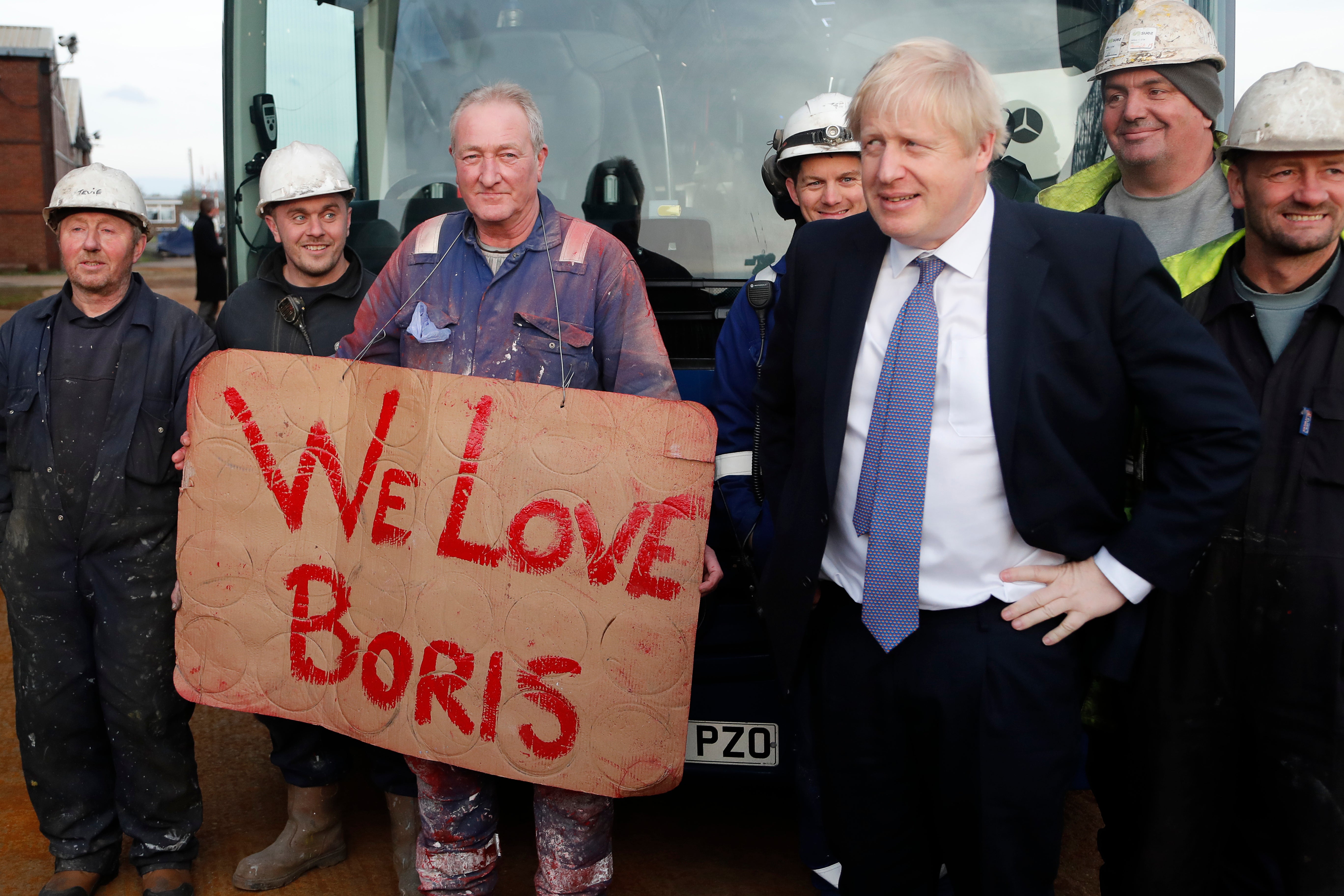
The geography of nominations mattered too. The Conservatives’ appeal to Leave voters was strengthened by the decision of the Brexit Party to stand down in seats the Conservatives were defending, but the Conservative majority might well have been even bigger – perhaps as much as 130 seats – if the Brexit Party had not contested those seats that were being defended by the opposition parties.
Geography mattered too because the single-member plurality system places a premium on unity. True, the geography of Remain support was potentially unfavourable to those on the pro-second referendum side of the Brexit debate even before a vote had been cast. But this was compounded by a fragmentation of Remain support across different parties. That risk could only be overcome if the pro-second referendum parties entered into an electoral pact or if Remain voters voted tactically for whichever of those parties was best placed to defeat the Conservatives locally.
While the limited electoral pact forged between the Liberal Democrats, the Greens and Plaid Cymru did have a beneficial impact on their respective performances, the partners to the pact were not sufficiently popular in the first place to turn what was often little more than a modicum of extra support into seat gains. Meanwhile, there was relatively little evidence of Remain voters switching tactically between Labour and the Liberal Democrats, and especially so in seats where such switching might have had a realistic chance of securing a Conservative defeat.
The decision to hold a multi-party election to resolve what had become a binary choice did not stop most voters from expressing their views on their ballot paper. However, resolving the issue via such an election meant that the outcome was determined not simply by which was the most popular view, but also by the geographical distribution of the vote. On the one hand, the number of Leave MPs elected was reduced by the decision of the Brexit Party to stand. On the other hand, the greater fragmentation of Remain support and a less favourable electoral geography cost the pro-second referendum parties dear – and may well have played a decisive role in determining the choice the country eventually made.
Extracted from ‘The British General Election of 2019’, edited by Robert Ford, Tim Bale, Will Jennings and Paula Surridge. Published by Palgrave Macmillan, £24.99
Join our commenting forum
Join thought-provoking conversations, follow other Independent readers and see their replies
Comments



Bookmark popover
Removed from bookmarks